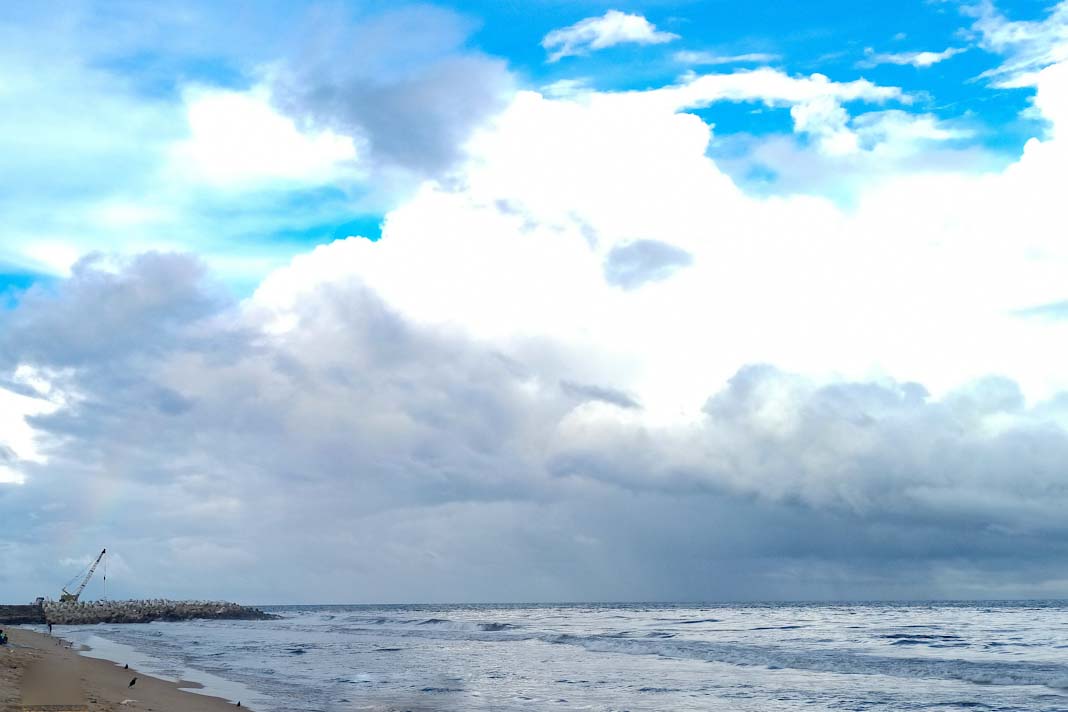The International Convention for the Safety of Life at Sea (SOLAS) sets forth the minimum safety standards required for the construction and operation of merchant ships. According to the International Maritime Organization (IMO) Convention, signatory countries are obligated to ensure their ships comply with these standards. SOLAS is widely regarded as the most critical international treaty concerning the safety of merchant vessels and seafarers, reports Marine Insight.
Historical Background
The impetus for SOLAS came after the Titanic disaster, which highlighted the need for standardized maritime safety regulations. In response, the first conference on the Safety of Life at Sea was convened in London in January 1914.
Key Milestones:
- 1914: The first SOLAS Convention was adopted on January 20, 1914, but its implementation was delayed due to World War I.
- 1929: The second SOLAS Convention was adopted, entering into force in 1933.
- 1948: The third SOLAS Convention was adopted, entering into force in 1965.
- 1974: The current version of SOLAS was adopted, entering into force on May 25, 1980. This version incorporated all previous amendments and introduced a new amendment procedure for quicker implementation of changes.
Importance of SOLAS
SOLAS is crucial for ensuring the safety of merchant ships and their crew. It has evolved to address new safety concerns and technological advancements in the maritime industry. The convention covers various aspects of maritime safety, from the construction of ships to emergency procedures such as abandoning ship.
Challenges and Updates
One of the significant challenges faced by SOLAS has been keeping the convention updated to reflect the latest safety standards and technological developments. The 1974 version of SOLAS introduced a new amendment process to facilitate quicker implementation of changes, ensuring the convention remains relevant and effective.
SOLAS Today
The 1974 version of SOLAS, known as SOLAS 1974, remains the cornerstone of maritime safety regulations. As of April 2022, it had 167 contracting states. SOLAS is part of a trio of vital international instruments regulating maritime safety and pollution prevention, alongside the MARPOL Convention (International Convention for the Prevention of Pollution from Ships) and the STCW Convention (International Convention on Standards of Training, Certification, and Watchkeeping for Seafarers).
Key Features of SOLAS
SOLAS covers a wide range of safety measures across various chapters, including:
- Construction: Ensuring the structural integrity of ships.
- Equipment: Mandating essential safety equipment on board.
- Operation: Outlining procedures for safe navigation and operation.
- Emergency Procedures: Establishing protocols for emergencies, including abandoning ship.
Did you subscribe to our daily Newsletter?
It’s Free! Click here to Subscribe
Source: Marine Insight

















